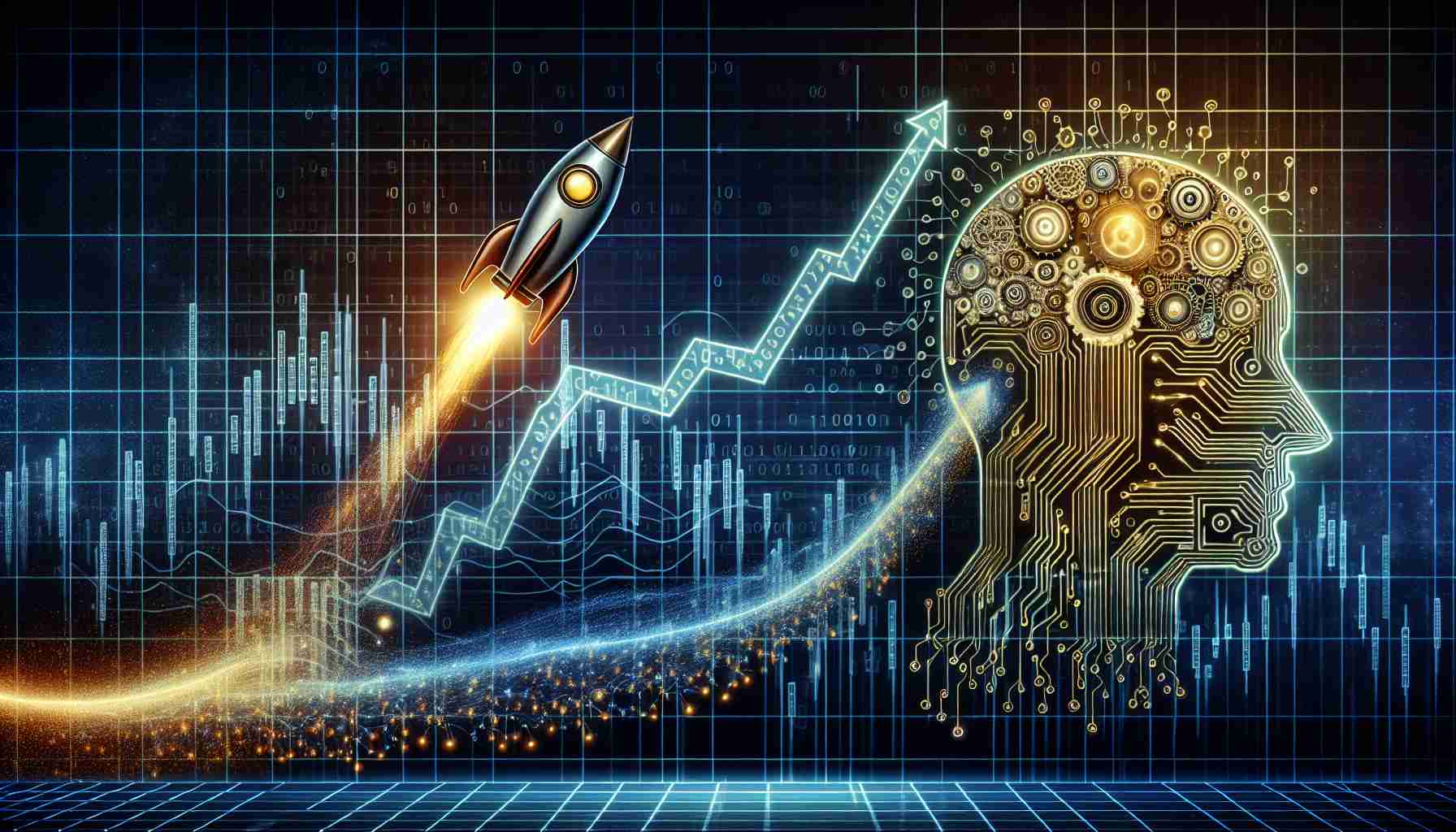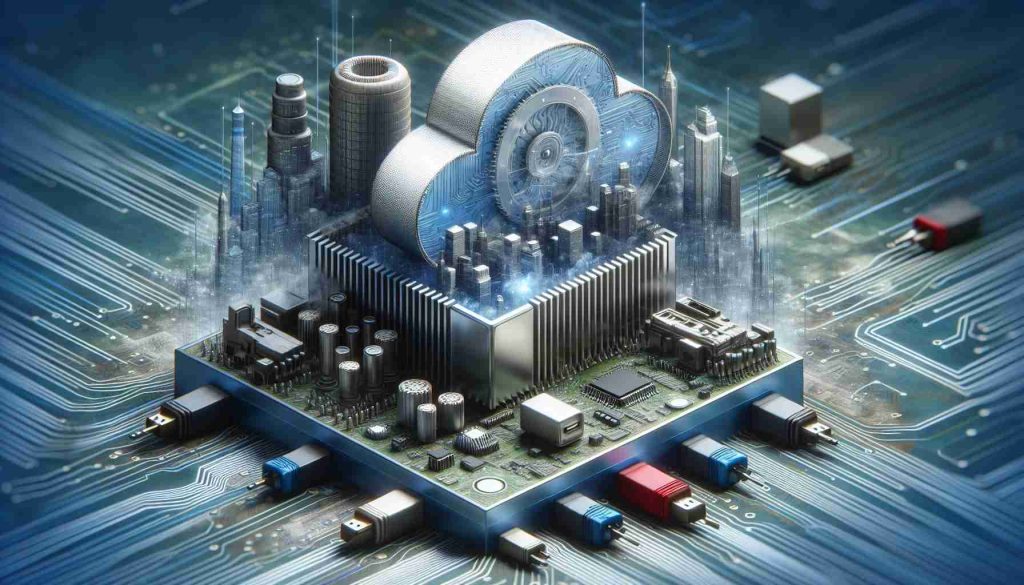Technology stocks are experiencing a remarkable surge as the demand for AI-driven services fuels widespread digital transformation. The rapid strides in Generative AI technology have prompted substantial investments from tech giants like Alphabet, Meta, and Microsoft. This burgeoning interest has also ignited a boom in semiconductor sales, particularly for data center chips essential to running expansive Large Language Models.
According to the World Semiconductor Trade Statistics (WSTS), global sales are projected to soar to $611.2 billion in 2024, marking an impressive 16% increase from 2023. Expectations for 2025 are similarly optimistic, forecasting a 12.5% growth to $687.4 billion.
The tech-heavy Nasdaq Composite has already appreciated over 26% this year, with optimism continuing for the remainder of 2024 and beyond. As economic conditions stabilize and inflation slows, consumer confidence is expected to further bolster this upward trend.
Among the standout performers are American Superconductor (AMSC), Vertiv (VRT), Toast (TOST), and Impinj (PI), with significant year-to-date share gains of 210.7%, 176.9%, 135.5%, and 115.1%, respectively. These companies are poised to capitalize on the ongoing technological momentum, backed by strong growth scores and market rankings.
Leading research analysts predict a surge in AI-related software spending, with the market anticipated to reach $297 billion by 2027. In particular, Generative AI software investments are projected to skyrocket. By 2028, global expenditure on AI strategies is expected to more than double, signaling a bright future for companies leveraging AI to innovate and grow.
AI Boom: What the Surge in Generative AI Means for the World
The acceleration of technological growth, fueled predominantly by breakthroughs in Generative AI, has far-reaching implications for societies across the globe. The surge in technology stocks is not just a financial phenomenon; it marks a watershed moment that will redefine workforce dynamics, societal norms, and global economies. While the numbers are impressive, what’s more compelling is how this technology impacts our daily lives, bringing with it unparalleled opportunities and some unanticipated challenges.
The Ripple Effect on Jobs and Skills
The rise of AI, particularly generative models, is driving a shift in the job market that cannot be overlooked. By automating routine and repetitive tasks, Generative AI is expected to enhance productivity. However, this automation could also lead to job displacement in sectors reliant on these tasks. For communities and workers, especially those in sectors like manufacturing and retail, the need to reskill is becoming increasingly urgent. Questions arise on how education systems and governments will adapt to equip the workforce for AI-centric roles.
Economic Implications and Emerging Markets
Companies in emerging markets are particularly eyeing this shift. Lower barriers to entry for AI technologies mean that startups have opportunities to disrupt established industries. Investments in AI could lead to more equitable economic growth across different regions, assuming the digital divide can be addressed effectively. Will nations invest in the necessary infrastructure to support widespread AI adoption, or will the disparity between developed and developing nations grow?
Data Privacy Concerns
With great power comes great responsibility. The massive data pools required to train AI models present critical privacy concerns. There is a burgeoning debate around the ethics of data usage and the need for robust regulation to prevent misuse. As AI becomes more ingrained in societal functions, how do we protect individual rights while harnessing technological advancements?
Societal Transformation: Advantages and Disadvantages
The potential benefits of AI are vast; from enhanced healthcare solutions and precision medicine to smart cities and tailored customer experiences, the positive impacts are enticing. Yet, these come with drawbacks that must be addressed. For instance, as AI systems become more complex, explaining decisions made by these models (AI explainability) becomes more challenging. Moreover, there are fears of perpetuating biases found in training datasets, which could lead to unfair or harmful outcomes.
Interesting AI Facts and Controversies
Did you know that AI systems have already surpassed human experts in specific tasks such as diagnosing eye conditions? This revelation opens up discussions about the role of human expertise in an age of intelligent machines. Additionally, controversies like deep fakes and AI-generated content fuel debates on misinformation and its impact on democracy. How can societies safeguard truth while preserving freedom of expression?
The Future: Bright but Complex
As we look forward, it’s clear that the trajectory of AI offers a future rich with possibility but fraught with complexity. For individuals and communities, adapting to these changes will not only be necessary but also imperative for thriving in this new era.
For more insights on technology and its impact, visit Microsoft, Meta, and Semiconductor Industry Association.


















